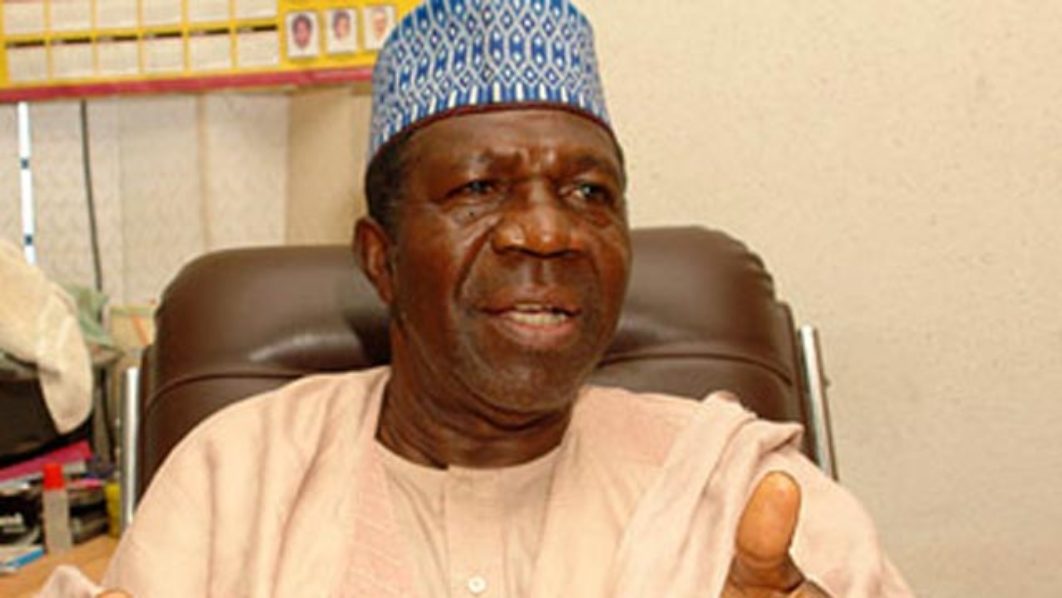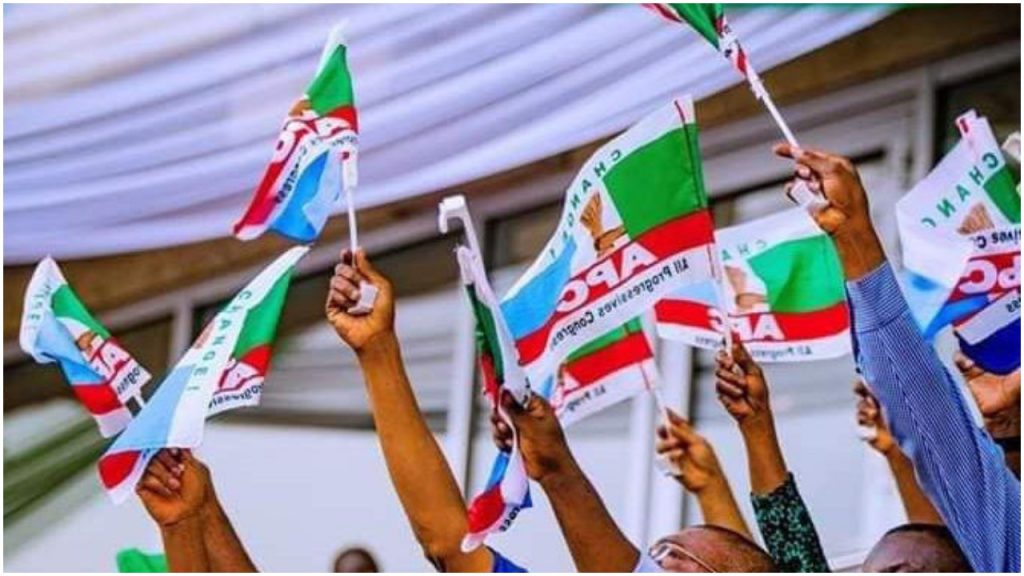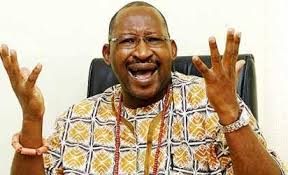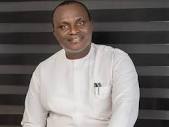By John Akubo, Abuja
Former senate president, Ameh Ebute has blamed governors for high turnover of legislators, which he said is not good for the advancement of democracy.
He, however, advocated for review of the 1999 Constitution to checkmate the “unlimited powers” of the governors.

Speaking in Abuja at the 2022 edition of the National Legislative Conference with the theme: “Reflections on Legislative Turnover, Institution-building and Governmental Accountability” organised by the Hallowmace foundation, Ebute advocated for the amendment of the sections of the 1999 Constitution dealing with the elections of senators and members of the House of Representatives, as well as the State Assemblies.
He said: “The impunities and the criminal breaches of the provisions of the 1999 Constitution are being committed by the governors and to which the State Legislators close their eyes.
“The USA whose presidential system we copied from 1979 has no state assembly or state congress. The states only have state senates. I therefore summon the courage and audacity to advocate for the complete abolition of the state legislatures and the offices of the state chief executives, so as to have only two tiers of government in Nigeria namely federal and local governments.
“What we have in Nigeria today is the unjustified conspiracy of the state executives against the Federal Government to block any proposed amendment of the provisions of the Constitution or any federal government policies that do not favour them through their unchallenged control of the state legislatures whose speakers and other principal officers are immediately impeached if they dare raise their eyebrows against state executives.
“Assuming the office of the state executive is retained, state legislatures should be replaced by state senate as it is in the US whose system we copied.”
He said under the new normal the state senators will be appointed or selected by traditional rulers who have been clamouring for participation in the governance of their country.
He said, “The state senators appointed by the traditional rulers will be able to call the state executives to order. In fact, for now there is no end to poverty in Nigeria, indeed poverty will get to dying points because the people’s money is being squandered uncontrollably by the state executives who do not have the fear of God or compassion for the rural teachers, pensioners and their families who die of any minor illnesses because they have no money/salaries to go to hospitals.
“Again end to poverty in Nigeria is not in sight as the Federal Government allocation to the local governments are arrogantly and shamelessly captured and added to their own allocation all of which are expended on frivolities to contest election to the senate.
“As the money for the local government councils does not go there because the state executives had conspired to stop the proposed amendment to the 1999 Constitution granting autonomy to the local councils, poverty will increase and more citizens will rapidly pass on.
“By this method it becomes much easier for the governors either at the national or state level to decide and determine which legislators return and which do not return to the Assembly.
“The party officials in collaboration with the chief executives, for one reason or another, deny the re-contesting legislators who were vocal and offered constructive criticism of government policies, nomination to return to the legislatures.
This makes the rapidity and ease with which our legislators are unconventionally turned over in Nigeria ridiculous and unprecedented in the practice of representative democracy in the world.
“This ridiculous method of legislative turnover in Nigeria applies to the election of the leaderships of the legislatures by regular impeachment.
“Within the period of 8 years of the practice of our democracy from 1999 to 2007, we had five Senate Presidents due to interference by the chief executive of the federation.
“In the State House of Assembly impeachment of the speaker and other principal officers is as easy as ABC. This paints a very ugly picture in the legislative turnover in Nigeria.
“This is not so in America, whose Presidential System of Government we copied in 1979. In America, their Constitution provides for staggered elections to the congress whereby one third or half of the legislators go for re-election at every end of the legislative period, leaving the seats of the remaining legislators to wait for another election period.
“By this method, legislators who had acquired experience are preserved in the congress and those who succeed in their re-election bids return to meet their colleagues in the congress thereby paving a smooth way for the consolidation and concretisation of the legislature as an institution.
Culled from the Guardian




